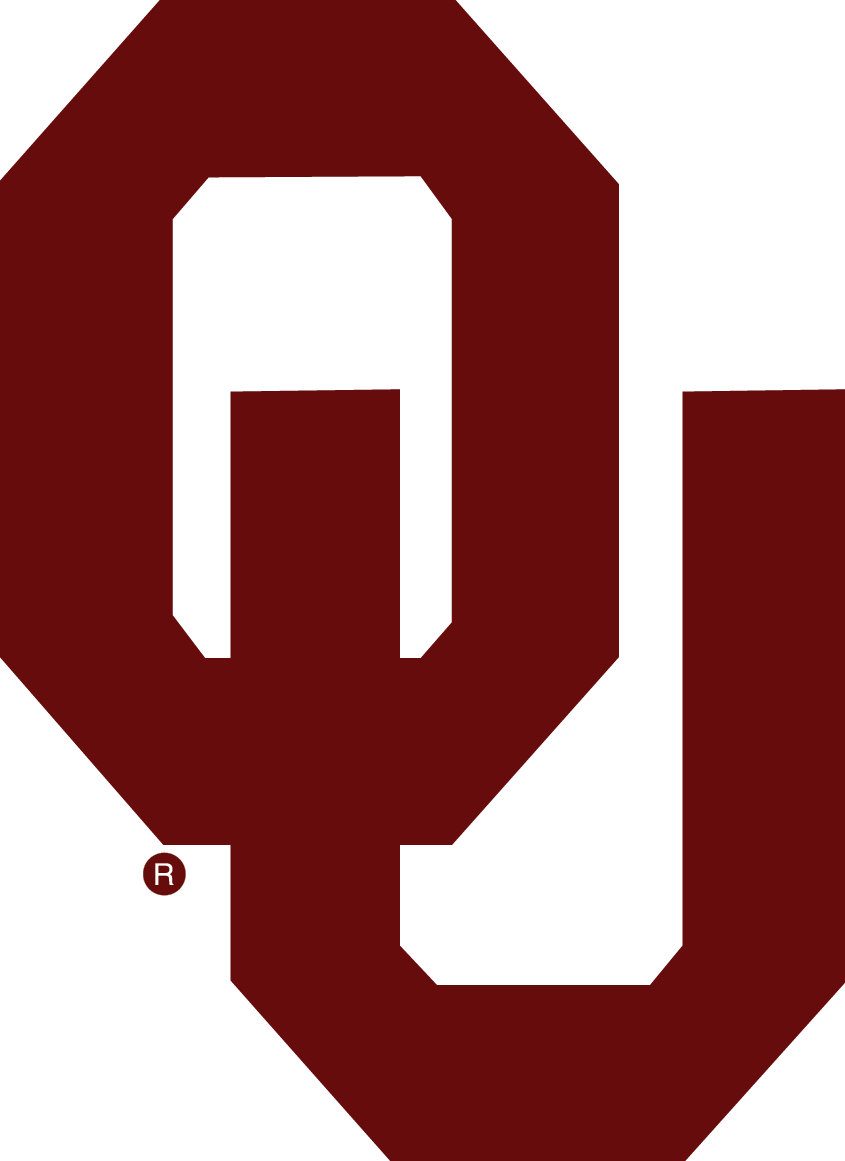When seeking assistance to resolve an issue the most important factor is contacting the correct individuals in the correct sequence. This makes the most efficient use of the established chain of command, lends appropriate credibility to the request or complaint, and allows the appropriate people to assist with the situation.
A student is best served by attempting to resolve an academic issue with the individual course instructor directly. If this step is not helpful, then the student should speak to their Program Director, and then the Department Chair. Likewise, if the student encounters a clinical issue, they should first ensure that the patient’s needs are met before attempting to resolve the issue with the clinical instructor. Then proceed by contacting the Clinical Coordinator, Program Director and then the Department Chair. While it is extremely unlikely that the issue will remain unresolved after these consultations, the student may take any unresolved issue to the Dean for Academic and Student Affairs and then to the Dean of the College. Refer to Section 4 Clinic Education Policies, for additional information on resolving such occurrence.

